I believe it is very important to focus on teaching as a combination of self, subject, and students (Palmer, 1997). Palmer states that good teachers “teach from an integral and undivided self; they manifest their own lives, and evoke in their students, a ‘capacity for connectedness’”. Thus, the best teachers do much more than just transfer content knowledge into student minds; they facilitate each student’s personal growth and help them learn how to build lasting relationships with others. Furthermore, I believe learning and teaching should be based upon a constructivist approach, wherein a student’s cultural and real life experiences play a central role in their construction of knowledge. Dewey, an exemplar of constructivist philosophy, declared that when school is related to life, “all studies are of necessity correlated” (1997, p. 107). Research has found teaching constructively, as opposed to bureaucratically, leads to better results in building classroom community (Watkins, 2006). Thus, learners’ best acquire and develop knowledge through collaborative, problem-based, and learner-centred activities that build upon their personal past, knowledge, and experience. Through hands-on, experiential learning, students will be able to relate their own experiences to all sorts of academic and personal ideas.
their students, a ‘capacity for connectedness’”. Thus, the best teachers do much more than just transfer content knowledge into student minds; they facilitate each student’s personal growth and help them learn how to build lasting relationships with others. Furthermore, I believe learning and teaching should be based upon a constructivist approach, wherein a student’s cultural and real life experiences play a central role in their construction of knowledge. Dewey, an exemplar of constructivist philosophy, declared that when school is related to life, “all studies are of necessity correlated” (1997, p. 107). Research has found teaching constructively, as opposed to bureaucratically, leads to better results in building classroom community (Watkins, 2006). Thus, learners’ best acquire and develop knowledge through collaborative, problem-based, and learner-centred activities that build upon their personal past, knowledge, and experience. Through hands-on, experiential learning, students will be able to relate their own experiences to all sorts of academic and personal ideas.
When I teach my students, I believe an important part of who I am as a teacher is my deep family and friend relationships, as well as my connection with my students. Research shows students who form close and positive relationships with teachers enjoy school more and get along better with peers (Hamre & Pianta, 1997). In addition, positive teacher-student relationships have been correlated with a sense of school membership in students (Watkins, 2006). Self-determination theory, a theory based on motivation, “posits that satisfaction of the need for relatedness facilitates the process of internalization” (Niemiec & Ryan, 2009, p.139). In the classroom, relatedness is associated with a student feeling the teacher genuinely likes, respects, and values him or her; as a result they are more likely to display identified and integrated regulation for the strenuous tasks involved in learning.
The process of education is deeply personal, and I wish to emphasize this to our students. Therefore, it is essential to take into account students’ background and previous experiences so that material can be presented in a relatable way. I hope my future students will foster a sense of personalized ownership over their education.
References
Hamre, B. K., & Pianta, R.C. (2006). Student-teacher relationships. In G. G. Bear & K. Minke (Eds.), Children’s Needs III: Development, prevention, and intervention (pp.59-71). Bethesda, MD: NASP.
Niemiec, C. P., & Ryan, R. M. (2009). Autonomy, competence, and relatedness in the classroom: Applying self-determination theory to educational practice. Theory and Research in Education, 7, 133-144.
Palmer, P. (1007). The Heart of a Teacher. Retrieved from www.couragerenewal.org/parker/writings/heart-of-a-teacher
Watkins, C. (2006). Classrooms as learning communities: A review of research. London Review of Education, 3(1), 47-64.
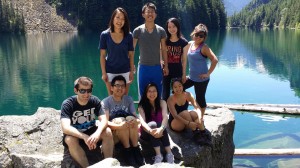
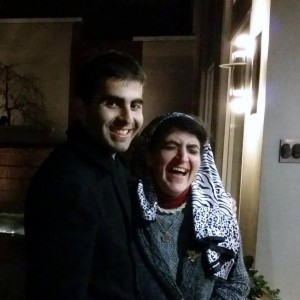
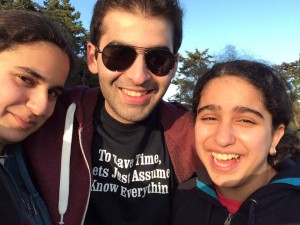
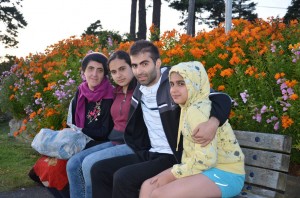
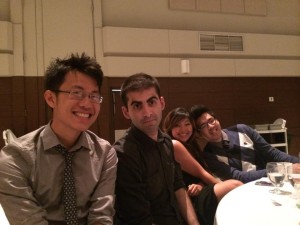
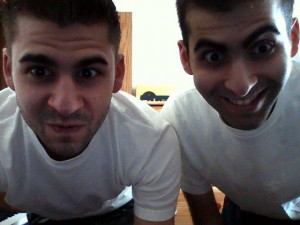
Defining my core ideals as an educator is essential for guiding my teaching philosophy. Utilizing white paper writing services can aid in articulating these principles with clarity and precision. By documenting my beliefs, values, and educational goals, I can effectively communicate my vision to colleagues, students, and stakeholders, fostering a collaborative environment conducive to student success and holistic development.